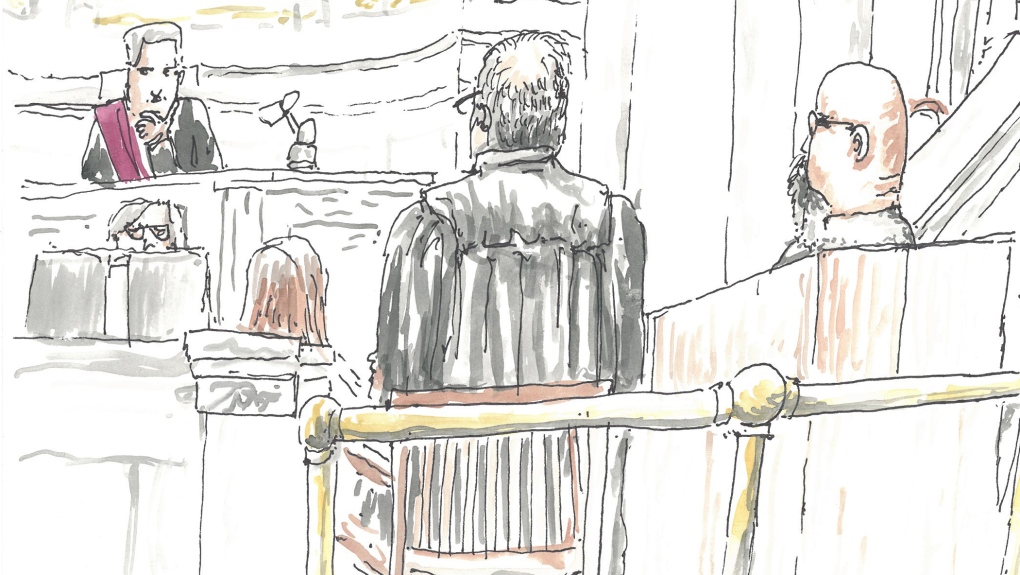
Jeremy Skibicki has 'uphill battle' to prove he's not criminally responsible in Winnipeg killings: legal analysts
CTV
Accused killer Jeremy Skibicki could have a challenging time convincing a judge that he is not criminally responsible for the deaths of four Indigenous women, a legal analyst says.
Accused killer Jeremy Skibicki could have a challenging time convincing a judge that he is not criminally responsible for the deaths of four Indigenous women, a legal analyst says.
Skibicki, 37, is on trial for four counts of first-degree murder and has previously pleaded not guilty. Through his lawyers, he admitted in court to killing the women in Winnipeg, but argues he is not criminally responsible for the deaths due to a mental disorder.
Robert Karrass, a Toronto-based lawyer and legal analyst, says this type of defence is not easy to prove.
“They would have to have quite a bit of evidence to suggest that not only is he suffering from a mental disorder and that there's a history of mental disorder, but also that it was affecting his ability to know right from wrong,” he said.
“It’s really an uphill battle for him.”
Typically, the accused will undergo a forensic psychiatric assessment to help determine their mental state, Karass says. In many cases, the defence and crown prosecutor each select a forensic expert to perform the review, unless they can both agree on one.
“Oftentimes it boils down to a battle of the experts,” Karrass said.





















 Run 3 Space | Play Space Running Game
Run 3 Space | Play Space Running Game Traffic Jam 3D | Online Racing Game
Traffic Jam 3D | Online Racing Game Duck Hunt | Play Old Classic Game
Duck Hunt | Play Old Classic Game